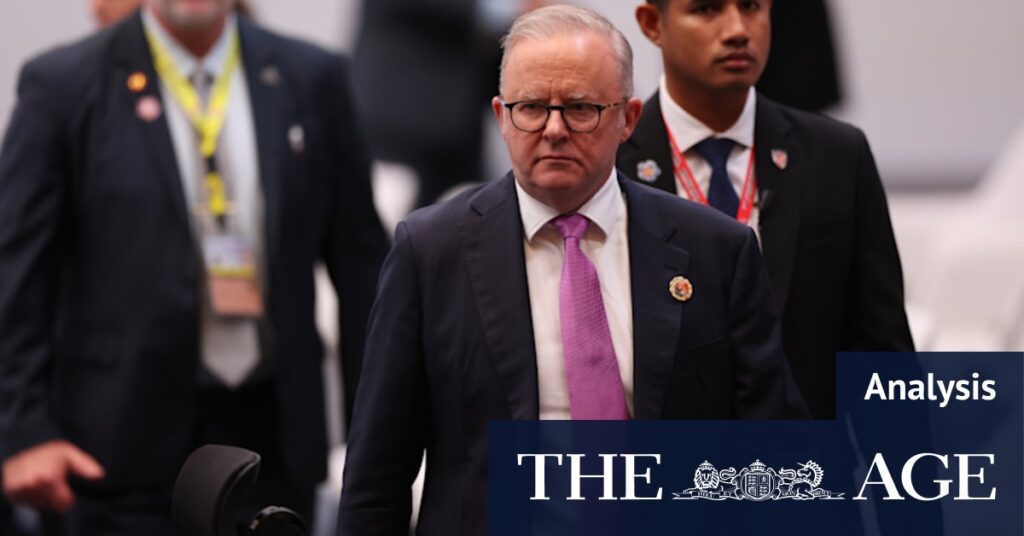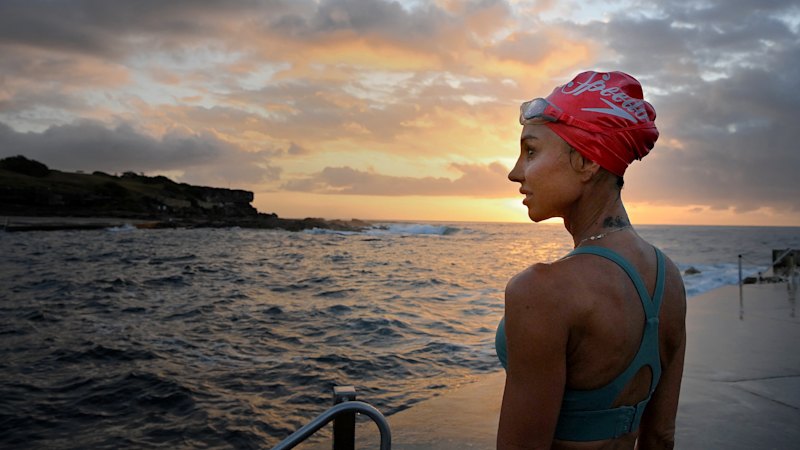
Kuala Lumpur: In a significant moment during the ASEAN summit, Malaysian Prime Minister Anwar Ibrahim delivered a poignant message that resonated deeply with Australian Prime Minister Anthony Albanese. On the final day of the summit, Anwar addressed a question from Australian journalists regarding a recent incident involving a Chinese aircraft and an Australian plane in the South China Sea. “I will do my part,” Anwar stated, emphasizing the importance of maintaining a free and open region.
Anwar’s remarks, made with Albanese standing beside him, underscored his commitment to international norms and rules. This statement came after Albanese had directly confronted Chinese Premier Li Qiang about the incident during their meeting on the summit’s sidelines. Anwar’s support was a welcome gesture for Albanese, highlighting the solidarity of Southeast Asian leaders amidst ongoing sovereignty disputes with China.
Balancing Diplomacy and Sovereignty
The Labor government in Australia has been navigating a delicate balance between standing up for national interests and maintaining diplomatic relations, particularly with China. This approach contrasts with the previous government’s more confrontational stance. Anwar, aware of this delicate balance, remarked, “I know we represent a small country and a relatively small economy. But still, we represent a nation, and we have the right to express.”
In the context of a media landscape often seeking clear-cut narratives, Anwar’s nuanced approach was noteworthy. Despite Malaysia’s significant trade ties with China, Anwar chose to publicly support Australia, reflecting a broader regional concern over China’s assertive actions in the South China Sea.
Regional Dynamics and ASEAN’s Role
Earlier in the summit, Albanese met with Philippines President Ferdinand Marcos Jr., who frequently deals with Chinese assertiveness in the West Philippine Sea. Marcos expressed gratitude for Australia’s consistent support, highlighting the shared challenges faced by nations in the region. “The Philippines is grateful [Australia] always stands shoulder to shoulder with the Philippines,” Marcos stated.
Australia’s commitment to regional stability was further solidified through a joint statement with ASEAN members, warning of “intensifying geostrategic shifts” and emphasizing the collective responsibility for peace and stability. This statement reflects the ongoing tensions in the region, particularly as China continues to assert its claims.
ASEAN’s Challenges and Achievements
ASEAN’s structure, requiring consensus among all member states, often hampers decisive action. This reality is evident in the unresolved South China Sea disputes and the ongoing Myanmar civil war, which remains a significant crisis within the bloc. The Five-Point Consensus on Myanmar has proven ineffective, leading to fragmented approaches among member states.
Despite these challenges, Anwar’s chairmanship saw notable achievements, including the accession of Timor-Leste as ASEAN’s 11th member and facilitating a peace agreement between Thailand and Cambodia. These developments, although partly stage-managed, underscore ASEAN’s potential role in regional diplomacy.
Albanese’s Diplomatic Engagements
During his time in Kuala Lumpur, Albanese engaged in formal meetings with leaders from Thailand, Vietnam, Malaysia, the Philippines, and Japan. These interactions aimed to strengthen bilateral ties and address regional issues. Albanese’s Instagram post with Cambodia’s Hun Manet highlighted Australia’s longstanding partnership with Cambodia, although it may have stirred mixed reactions within the Australian Cambodian community.
As the summit concluded, Anwar expressed relief at the end of his tenure as ASEAN chair, reflecting on the challenges and achievements of the past year. His closing remarks, “Oh, what a relief,” captured the sentiment of a leader navigating complex regional dynamics.
The ASEAN summit underscored the importance of regional cooperation and the challenges of addressing contentious issues like the South China Sea and Myanmar. Anwar’s supportive stance towards Australia and Albanese’s diplomatic engagements reflect the intricate balance of diplomacy and sovereignty in Southeast Asia.






